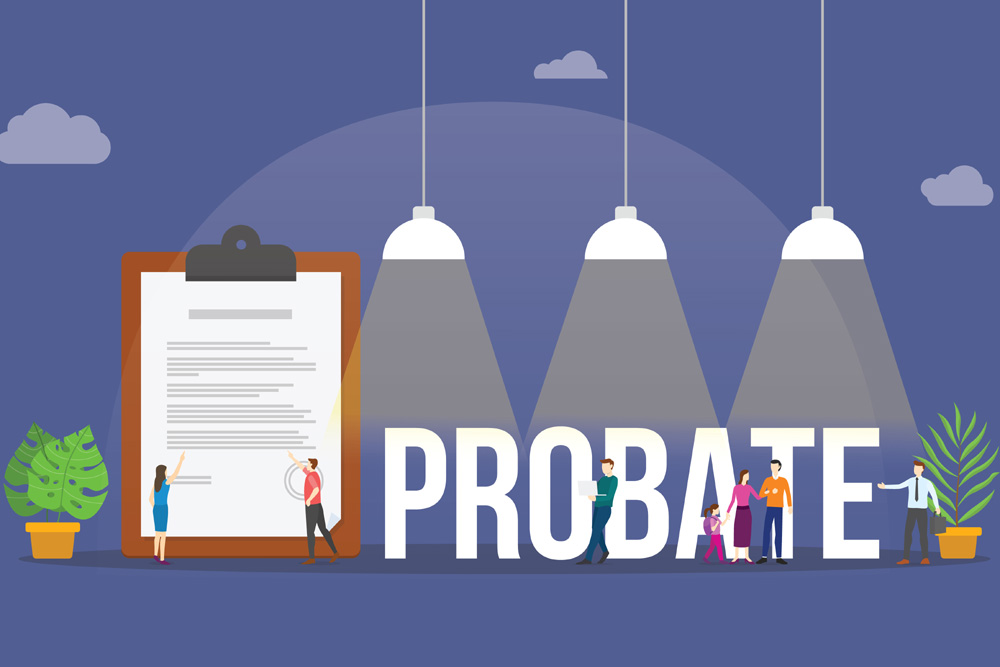
After the loss of a loved one, the grief can be difficult for the family as they begin the process of accepting life without them. When a death in the family occurs, the stress of the situation often causes tension which is only made worse by the prospect of the complex probate process. If you have recently lost a family member, you may be wondering if wills need to go through the probate process in Texas.
At Stepp Law Firm, our attorneys have more than 70 years of combined experience helping our clients understand the probate process in Texas. The probate process can be lengthy and expensive. That is why it is important you consult one of our trusted probate lawyers to understand whether your deceased loved one’s will needs to go through probate.
Does Texas Require That All Wills Must Go Through Probate?
Probate is the legal process of gathering a deceased individual’s assets and distributing them to beneficiaries or heirs. A person’s final will and testament provides instructions on how they wish their assets to be distributed. However, the executor of the estate cannot automatically start doing what the will instructs. Instead, the executor of the estate needs to prove that the will is legally valid. That process is referred to as probating a will and involves both authenticating the will and approving the executor.
While there is no general requirement that all wills must go through probate in Texas, if the decedent dies and leaves a will, you may only implement the provisions of the will through probate. If the deceased individual did not title or structure their assets in such a way to avoid probate, their beneficiaries will be unable to receive their inheritance without probate.
If you have lost a loved one and need to put the will through probate, it is important that you retain the help of a probate lawyer who can represent you and your interests. After a person passes, the family of the deceased has only four years to probate the will, while this may seem like an extensive period of time, the probate process can be complex and lengthy. To avoid losing your chance to probate the will, it is crucial that you begin the process as soon as possible.
When Can You Avoid Probate if There Is a Will in Texas?
In some cases, you may be able to avoid probate even if the decedent had a will. One case where probate is not necessary is if there are no assets in the estate. You may also avoid probate if the estate consists completely of community property and non-probate assets. Non-probate assets are never subject to the probate process regardless of whether the deceased person left a valid will. Non-probate assets are property that either has a named beneficiary or are jointly titled. Some examples of non-probate assets are as follows:
- Property owned by joint tenants with rights of survivorship
- Pay on Death, or POD, accounts
- Transfer on Death, or TOD, accounts
- Life insurance policies
- Retirements accounts
- Trust assets
- Life estate or TOD real property
If you are unsure what assets in your loved one’s estate may be considered non-probate, consult a trusted probate lawyer for help.
Speak With a Knowledgeable Texas Probate Lawyer Today
The skilled attorneys at Stepp Law Firm are passionate about helping clients understand the probate process in Texas. We have several decades of experience helping Texans navigate the complex probate process and whether their loved one’s will needs to go through probate at all. To discuss your next steps with a dedicated and trusted probate lawyer, call us today at (713) 336-7200 or complete our contact form.











